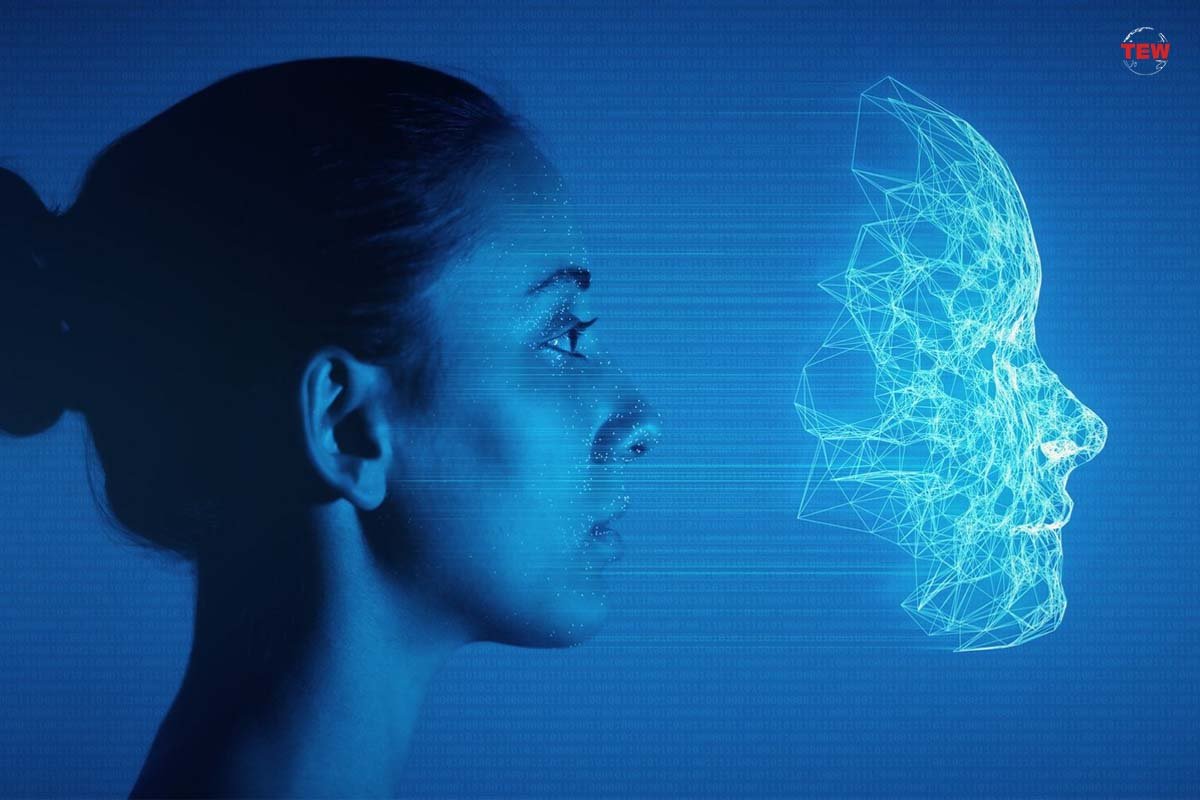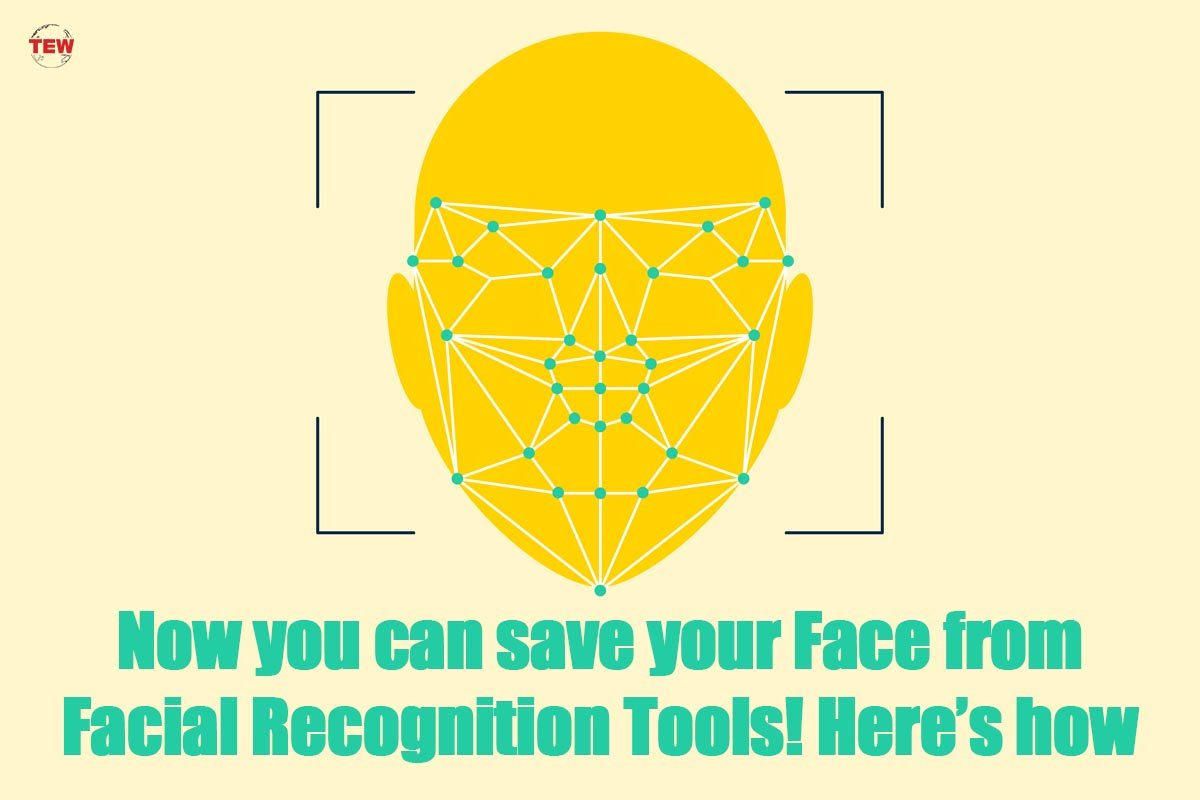Just as you usually do, you are trying to unlock your phone with that cool facial recognition feature. To your surprise, this time it doesn’t recognize your face. All confused, it is thinking to itself, “Is this someone new?” “Is it a bird?” “Is it a plane?” and so on.
But what if we tell you that this is happening because of that jazzy shirt you’re wearing? You must be thinking—how is that possible? Why would a tool, whose only purpose is to recognize faces, care about my clothes? And you’d be right. Let us explain what is going on.
Facial Recognition is everywhere
Today, facial recognition tools are used in many places. Be it your smartphone or the building entrance, the embedded AI tools provide a great sense of security and convenience.
However, there’s a problem. The sense of security they create can be deceiving at times. With facial recognition tools so easily accessible, the potential of security risk and invasion of personal space becomes that much easier, whether it’s from people or organizations.
Top 5 Concerns of Facial Recognition
1. Consent Violation
Organizations cannot collect data without the prior consent of the user. Additionally, the user must also be aware of what data is being collected. Failing to do this is a violation of data privacy laws and consent.
2. Lack of Face Encryption
As the data about faces becomes easier to capture and store, the potential risk of stalking, identifying theft, and harassment also increases. But unlike other data types, faces cannot be encrypted, nor easily changed, making it a big security worry.

3. Not Enough Transparency
Facial biometrics are easily available. As a result, privacy concerns are a major rising concern among people. This is a result of facial scans that can be captured easily, remotely, and discreetly.
4. Technical Risks
Misusing someone else’s photos is a major privacy and security breach. An example of this is a culprit tricking a security system. Furthermore, someone might harm people by creating digital spoofs, deepfakes, masks, and more.
5. Inaccurate Scans
The scanner misidentifying a person as someone else can have huge negative consequences. The accuracy of facial recognition is not always accurate, making the tools unreliable and potentially dangerous. For instance, this misidentification can lead to people paying for someone else’s wrongdoings.
Why so Anti-Facial Recognition?
In today’s world, data is king. Some random person or an organization having access to your data is a scary thought. As a result of these anxieties, spaces to protect people and their privacy is the need of the hour.
Whether in public or private, nobody should be made feel uncomfortable or suppressed. If privacy is taken lightly, misuse of facial recognition technology could halt people’s free movement and expression, violating their rights in the process.

Looks Catchy, unless you’re AI
Born in 2019, Cap_able is a vibrant clothing brand that protects people’s privacy and biometric data through its clothing range Manifesto. Interestingly, the brand came to life as a part of the Co-Founder Rachele Didero’s Ph.D. at Milan University.
Although not everyone’s cup of tea, the Manifesto collection exhibits catchy and colorful patterns that make a fool out of facial recognition tools. The design uses outlandish patterns and prints of animals like zebras and giraffes, preventing AI tools from analyzing or finding a face that matches yours. Rachele Didero achieved this by testing it using YOLO (You Only Look Once), a real-time object detection system.
Blessing or a Curse?
The world is moving towards AI, and rightfully so. Although there are numerous benefits to using AI tools, it is also important to be wary of its potential risks and problems. Facial recognition is one such tool, with easy access and availability, the tool can either be a blessing or a curse. To minimize the dangers, the world needs more products like the Cap_able clothing line.





